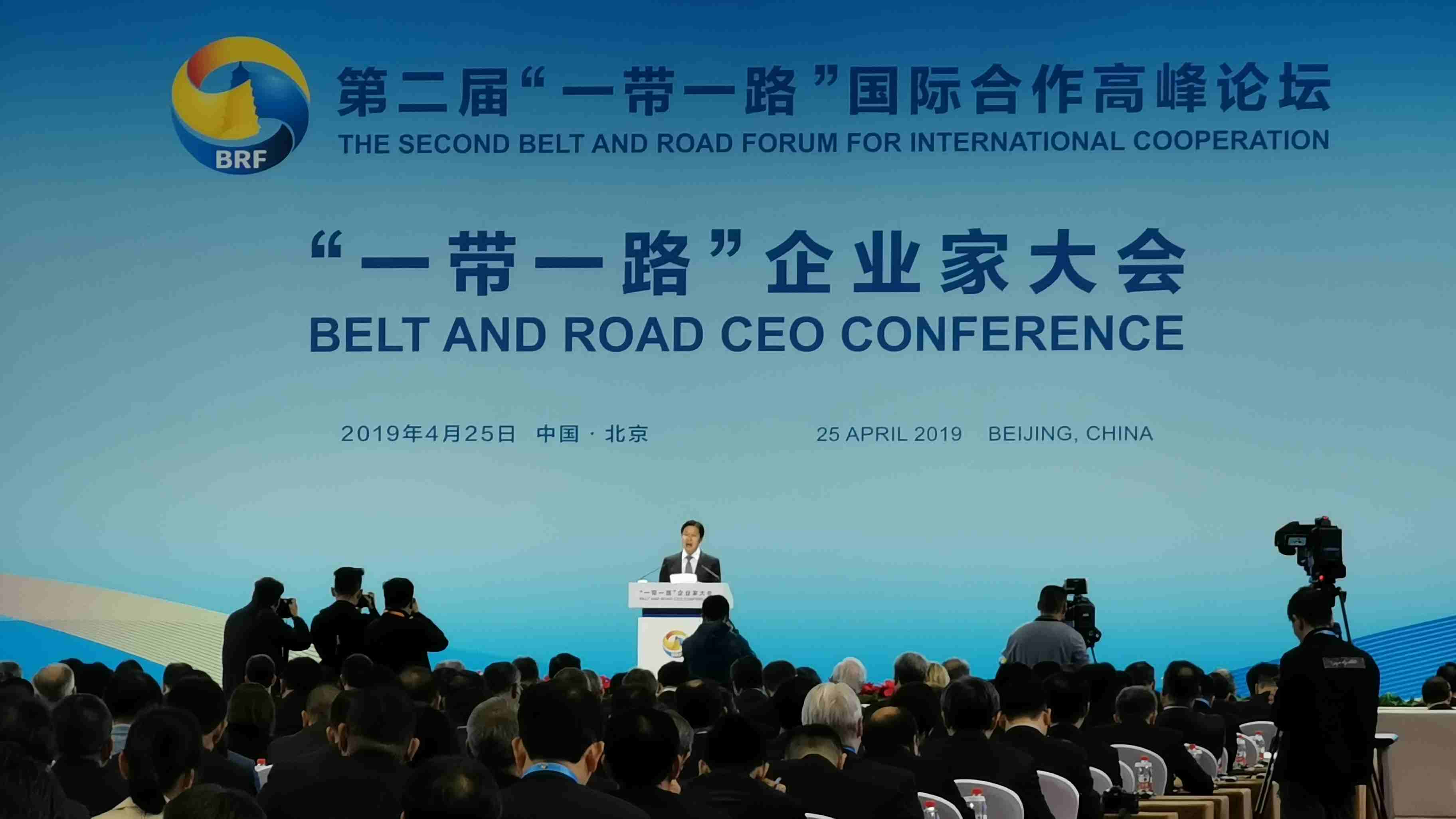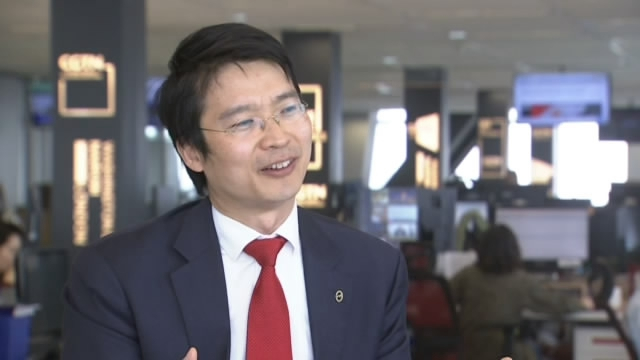
Money Stories
14:53, 25-Apr-2019
Belt and Road Forum: Digital Silk Road and investment in focus
Updated
22:03, 25-Apr-2019
Xia Cheng
02:39

It's the first CEO conference for China's Belt and Road Forum. Some 900 business leaders are coming to show their commitment to the initiative, representing global Fortune 500 companies and Chinese firms doing well overseas.
George Zhu, chairman of Transsion Holdings, thought that Chinese companies have "solid foundation in telecoms and the Internet, allowing them to test overseas markets" because of China's focus on digitalization.
Italy is set to be the first G7 country to join the Belt and Road Initiative, mainly for infrastructure investment opportunities. As for the Digital Silk Road project, the list of members remains short. And China continues working to try and get more power players on board, which is critical for global digital governance, according to Winston Ma, CEO of China Silkroad Investment & Development Co.

Winston Ma, CEO of China Silkroad Investment & Development Co. /CGTN Photo
Winston Ma, CEO of China Silkroad Investment & Development Co. /CGTN Photo
"For the Digital Silk Road, it's about the evolution of the digital economy. It's also about the evolution of digital governance. If you think about the fact that digital economy has very strong economic scale and the fact that China and G7 are the largest digital economies in the world, then they will have the most influence on the development of future digital economy and the global cyberspace community," he said.
"Therefore, it is not only 'should' and 'would,' it is also 'must' for G7 to be part of this global conversation," he stressed.
What's holding investors back is a lack of trust in the Belt and Road, including concerns over debt, the environment and local economic impact.
Ma mentioned that the best way to win the hearts of countries and big companies is to bring about successful projects.
"Through these successful examples, people will see that it brings convenience and benefit to the local community; it's affordable; and when it is popular in the market, it will generate very strong cash flow. So the issue about the sustainability of financing is also out of the window," he explained.
01:44

The BRI also creates opportunities for the aviation industry, including the launch of new flights and construction of infrastructure, according to Igor Chalik, Deputy General Director & Commander of Flight Operations at Aeroflot.
Aeroflot is launching more direct flights between China and Russia as a result of increasing passengers traveling between the two countries.
And Chalik revealed that the airline planned to build a new international hub in Siberia, which will offer Chinese passengers a new option to travel to many Siberia cities without "via Moscow or Kazakhstan."
Talent exchange is also a big focus along the BRI. Rio Tinto, the global mining group, is happy to be part of BRI by not only trading, but also training.
"Forty-five percent of our revenue comes from China. But our relationship is not just about the transaction, we want a deeper relationship with our Chinese partners. One of the things that BRI brings is the people to people exchange. So the partnership we have with SASAC is about training SOE leaders on sustainable development in sharing know-how and opportunities," said Simone Niven, Group Executive for Corporate Relations at Rio Tinto.

SITEMAP
Copyright © 2018 CGTN. Beijing ICP prepared NO.16065310-3
Copyright © 2018 CGTN. Beijing ICP prepared NO.16065310-3